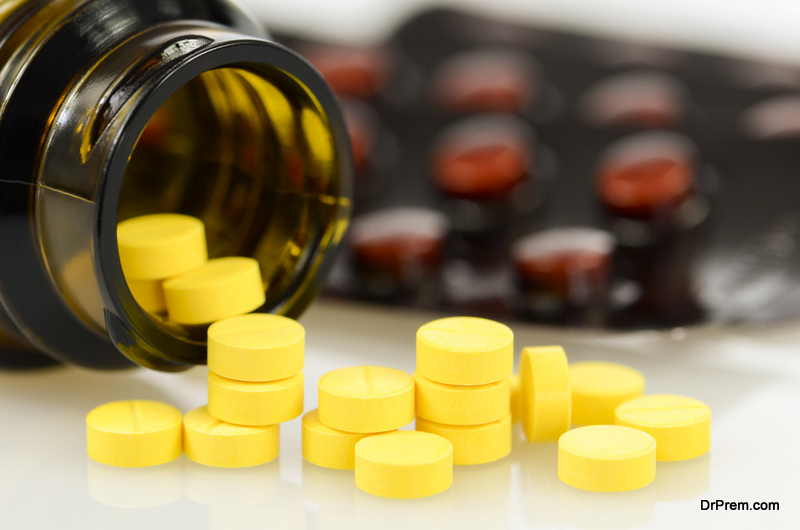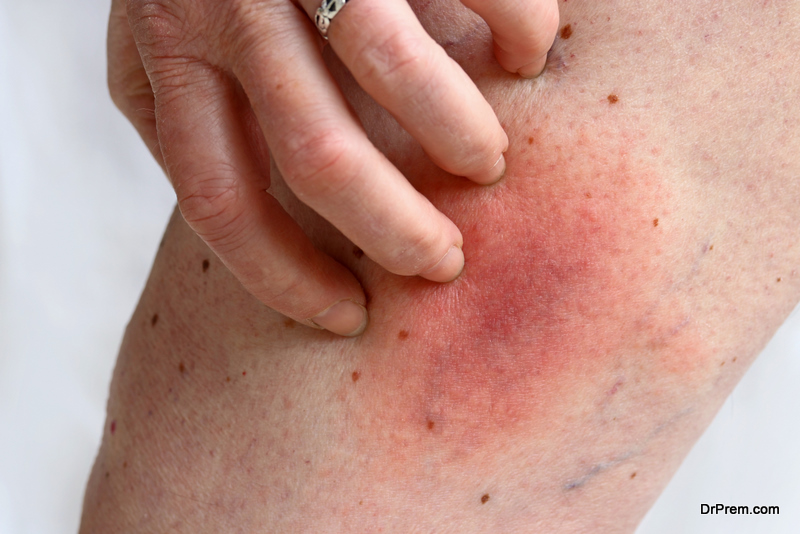Folate, is the vitamin B9, an essential vitamin needed by the body to copy and synthesize DNA, produce new cells and support the nerve and immune functions. It is a water-soluble vitamin and is present in some others and also is available as dietary supplements. A diet which is high in folate can help to prevent cancer, birth defects anemia, cognitive decline and heart disease. So do you know if you are folate deficient and if you are, how do you prevent it? Let’s find out:
What is folate deficiency?
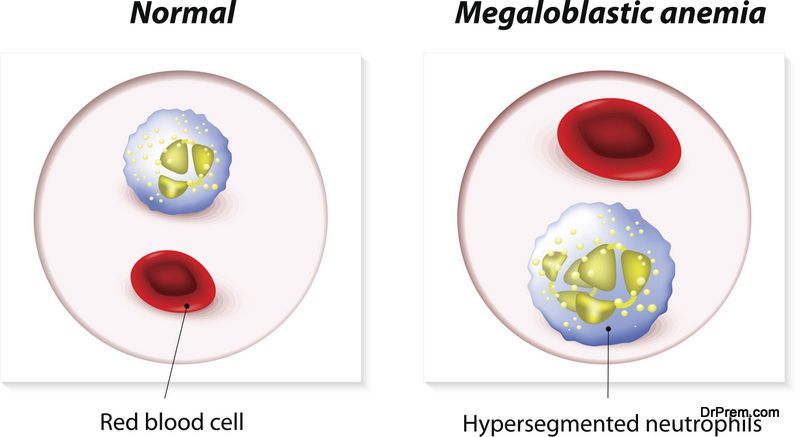 Folate deficiency or vitamin B9 folate deficiency occurs when the lack of this vitamin in the body causes the body to produce abnormally large RBC (Red Blood Cells) which cannot function in a proper manner.
Folate deficiency or vitamin B9 folate deficiency occurs when the lack of this vitamin in the body causes the body to produce abnormally large RBC (Red Blood Cells) which cannot function in a proper manner.
What cause this deficiency?
 Folate deficiency can be due to several problems including:
Folate deficiency can be due to several problems including:
Pernicuous anemia: The immune system attacks the healthy cells in the stomach, which prevents the body from absorbing the vitamin B12 from your diet.
Following fad diets: It can occur when you have been following fad diets for a long period of time, or even when you follow a vegan diet.
Medication: Some medications such as PPIs (proton pump inhibitors and anticonvulsants) can affect the absorption of folate.
How do you know you have folate deficiency?
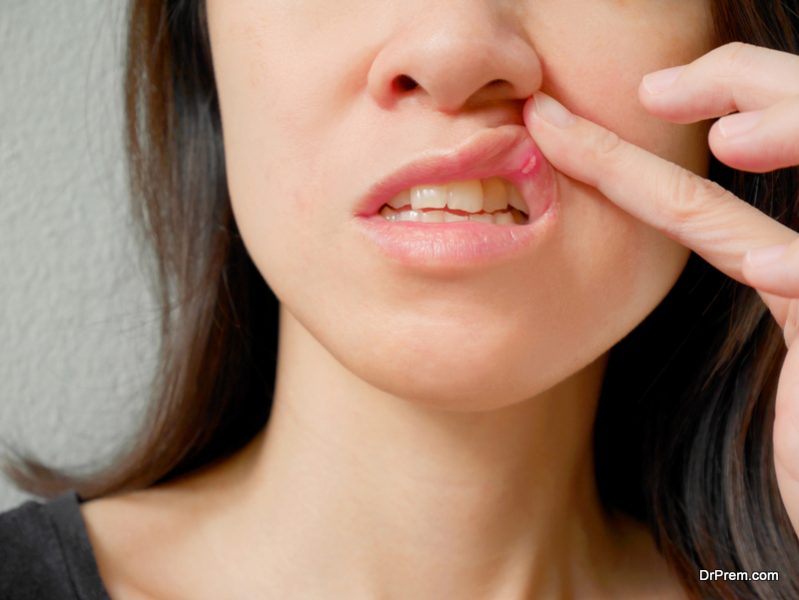 If you experience some or all of these symptoms, you may have folate deficiency:
If you experience some or all of these symptoms, you may have folate deficiency:
- Getting sick frequently/body’s immune function is poor
- Low energy
- Anemia
- Poor digestion issues such as bloating, IBS and constipation
- Developmental problems in the womb and in infancy, stunted growth
- Mouth sores and swollen, tender tongue
- Irritability and mood swings
- Pale skin
- Premature graying of hair
- (Paraesthesia) – pins and needles
- Muscle weakness
- Problems in vision
- Memory problems
- Neurological symptoms such as problems with judgment and understanding
- Psychological problems including confusion and depression
Some people need more folate than others. They are:
- Pregnant women or women trying to be pregnant
- Breast-feeding women
- Anyone who has liver disease, or who is undergoing kidney dialysis
- Diabetics
- Those who use laxatives and diuretics frequently
- People who take methotrexate
10 to 30 mg should be the amount of folate in the body, half stored in your liver and the other half in the body tissues and blood. If you suspect you have folate deficiency, you should visit your doctor. The doctor may suggest getting some tests done, namely the ‘serum folate concentration test’ or testing for erythrocyte folate concentration which can indicate the folate intake measure over time, and of the stored folate in tissues.
How to prevent it
 Folate is present mostly in plants so to get the required amount of folate naturally, your diet should include a lot of plants and vegetables rich in folate. These are
Folate is present mostly in plants so to get the required amount of folate naturally, your diet should include a lot of plants and vegetables rich in folate. These are
- Broccoli
- green leafy veggies
- Chickpeas
- brown rice
- Brussels sprouts
- Peas
- Asparagus
- Beans
- citrus fruits
- Poultry
- liver
Consuming a balanced diet is the easiest way to prevent folate deficiency. However, the amount of folate absorbed by the body varies from person to person, including the zinc levels in the body and the kidney, gut and liver health.
The recommended dietary allowances (RDAs) for folate are:
- Babies and infants – 65 micrograms per day
- Children from 1-8 years – 80-150 micrograms every day
- Children from 8-13 years – 300 micrograms per day
- Adults (over age 14) – 400 micrograms per day
- Pregnant women – 600 micrograms per day
- Breast feeding women – 500 micrograms per day
How to treat folate deficiency
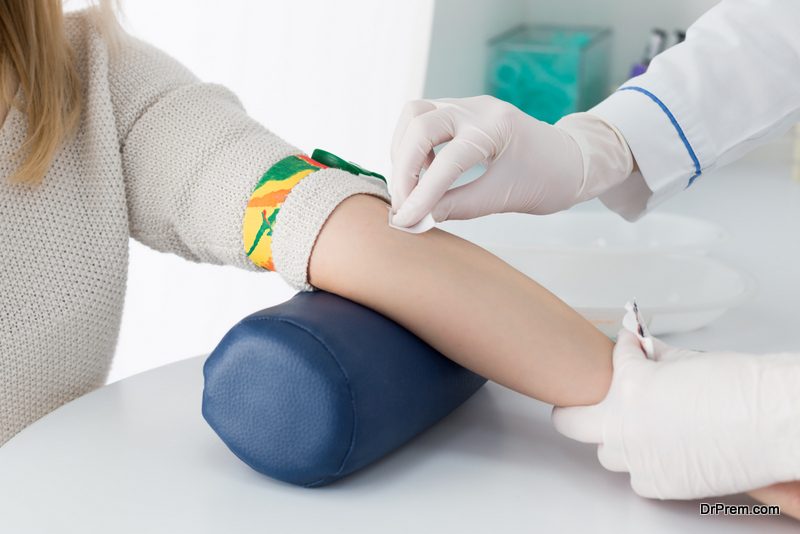 Once you are diagnosed with vitamin B9 deficiency, you will most probably be prescribed folic acid tablets which will increase the folate levels in the body. Dietary advice to have folate rich foods will also be given.
Once you are diagnosed with vitamin B9 deficiency, you will most probably be prescribed folic acid tablets which will increase the folate levels in the body. Dietary advice to have folate rich foods will also be given.
You might have to continue the folic acid supplements for approx four months, but you may have to also take the tablets for life, if your low folic acid levels continue.
Sometimes, if there is deficiency of vitamin B12 too, then you may be given supplements.
After continuing with the treatment for some time, monitoring your folate/folic acid levels is essential. Blood tests after 10-14 days will reveal whether your deficiency has improved, and to find out the number of abnormal RBCs in the blood.
After 8 weeks, another blood test will be done to see whether the treatment has been successful. If your deficiency has been treated, then you may not need further folic acid tablets or tests. But if your symptoms return, then you may have to get some blood tests done again, and resume the treatment, but only with the advice of your GP. It is essential to treat folate deficiency as it might otherwise lead to neurological symptoms and problems.
What you should know: The difference between folate and folic acid is that folate is naturally occurring and folic acid is a synthetic vitamin which is prescribed as supplements.
Folate health benefits

- Results in healthy pregnancies – Folate is crucial for healthy pregnancies and is usually added to prenatal vitamins. Deficiency of folate can cause neural tube defects such as anencephaly, spina bifida, limb malformation and heart problems.
- Helps body utilize vitamin B12, amino acids and iron – Folate can prevent anemia, and help absorb vitamin B12, iron and amino acids. But high folic acid might mask vit. B12 deficiency, which may lead to neurological and other problems.
- Might help to prevent cancer – Low folate levels also could cause breast, cervical, colon, lung and brain cancer. Getting folate from diet is the safest way to increase folate levels as folic acid might be dangerous sometimes.
- Might improve heart health – Folate, as well as other vitamin Bs, reduces homocysteine levels, which is linked to strokes and heart attacks, thus improving heart health.
- Might prevent Alzheimer’s and Dementia – Homocysteine is also related to Alzheimer’s disease as well as dementia. Folate reduces homocysteine and thus reduces risk of dementia and Alzheimer.
Folate is an important vitamin which is beneficial for the body in many ways. It is also considered to be a remedy to treat depression. Eating a balanced diet every day will improve folate levels naturally and safely.


